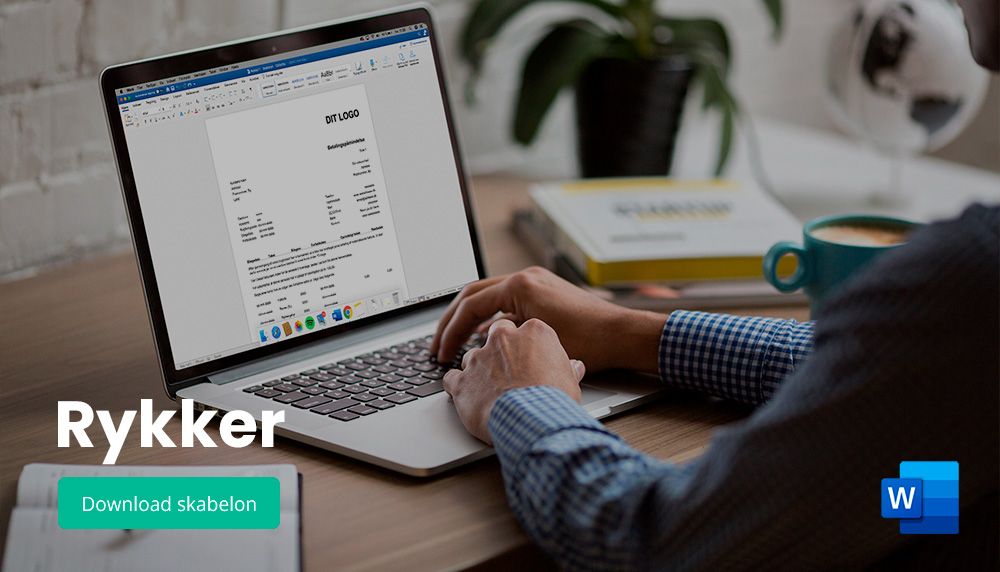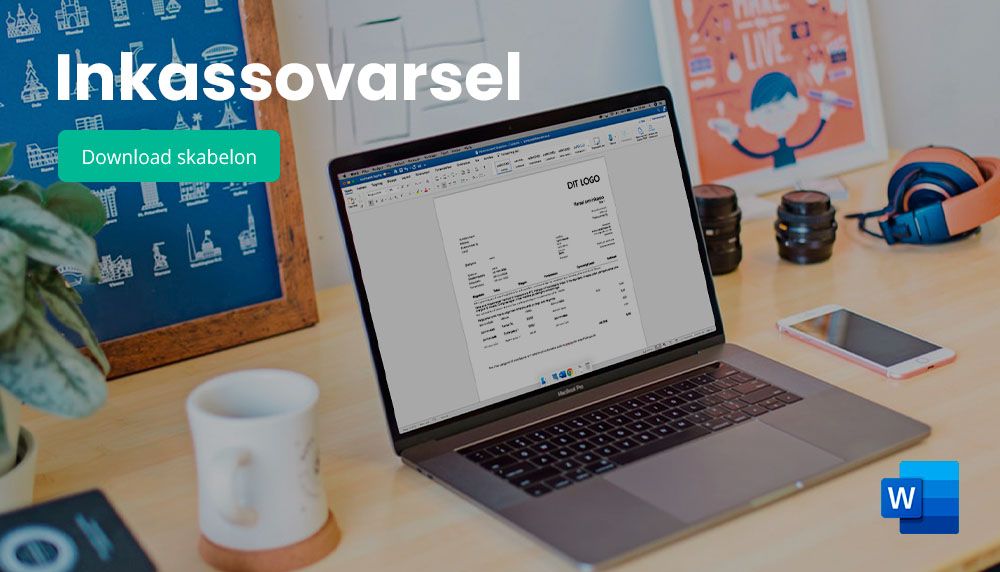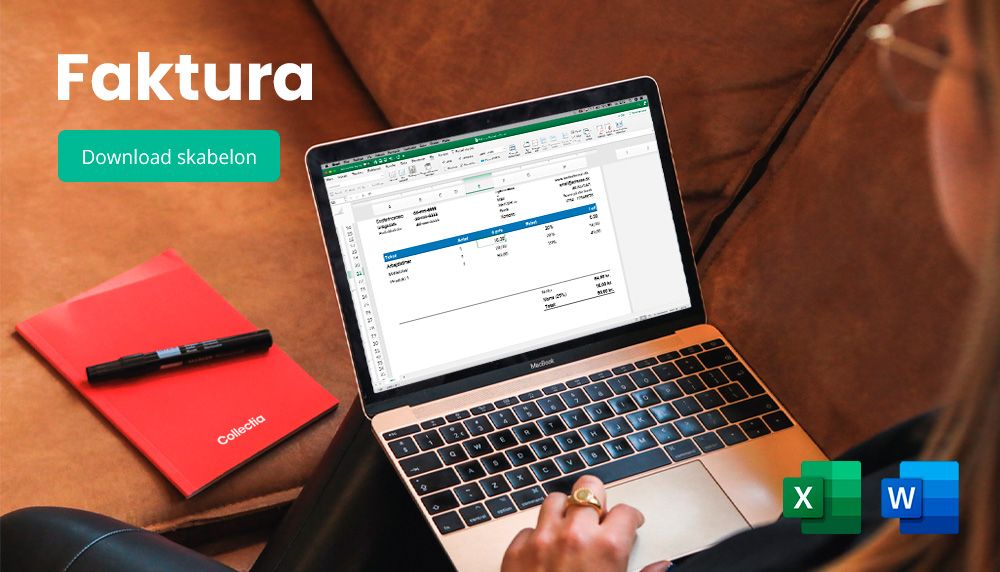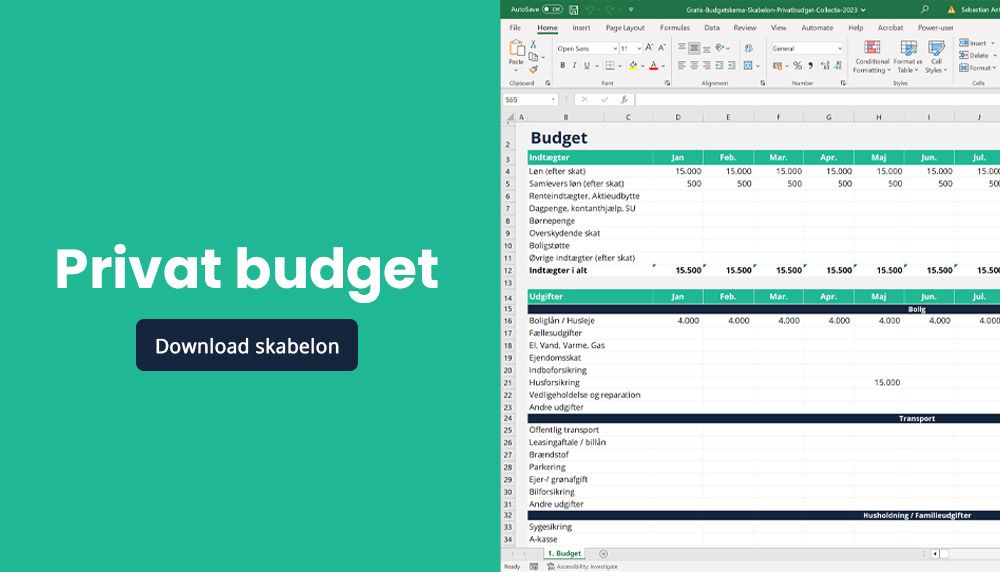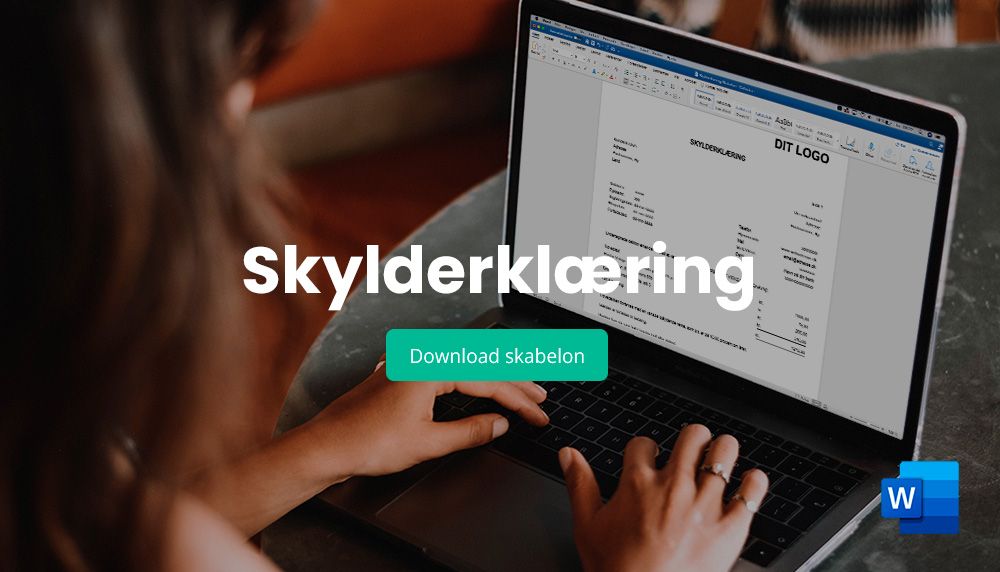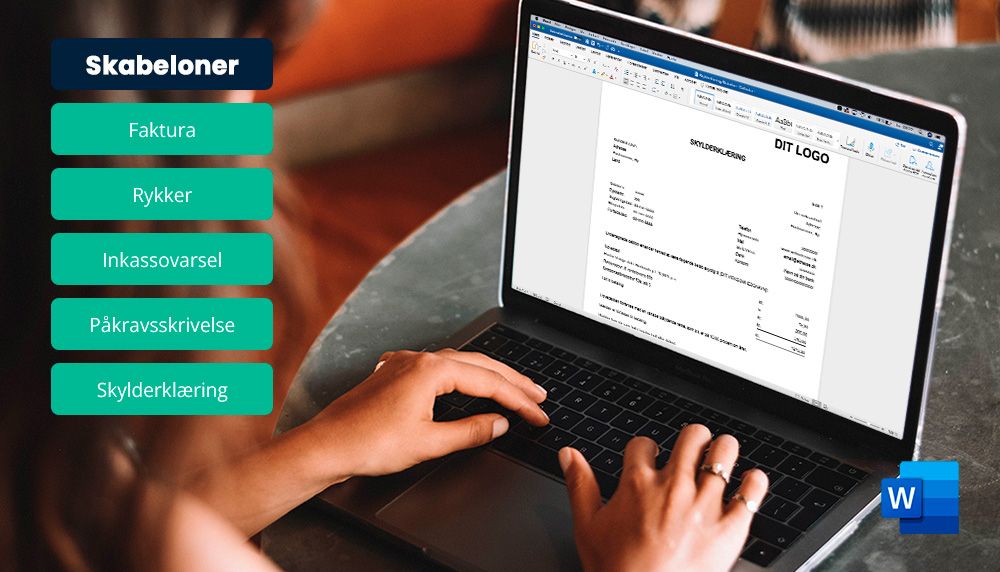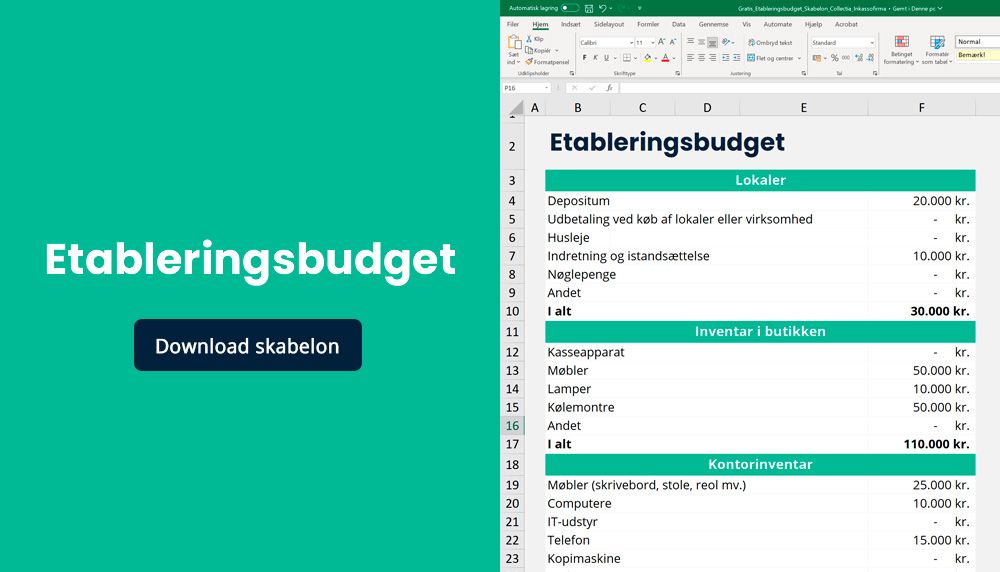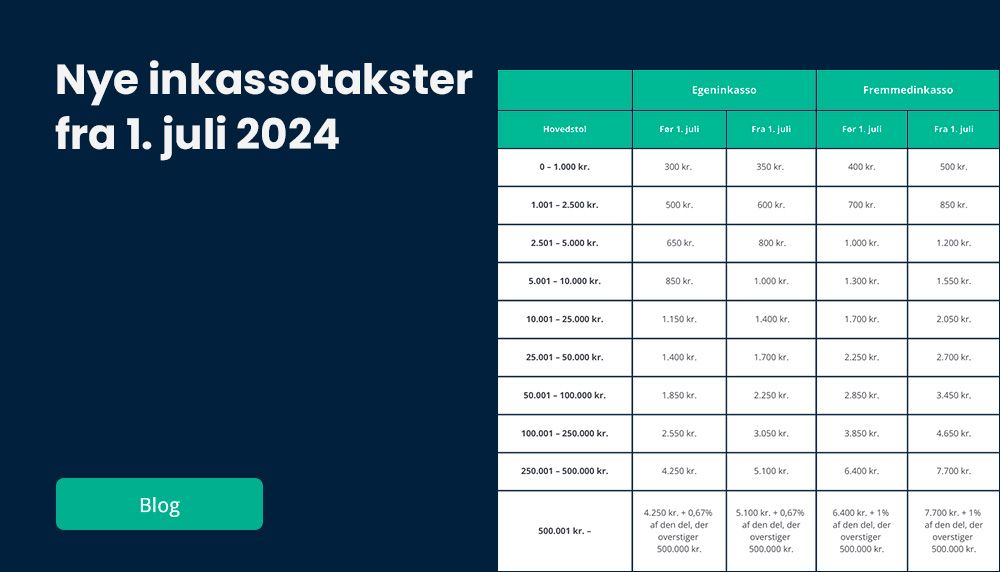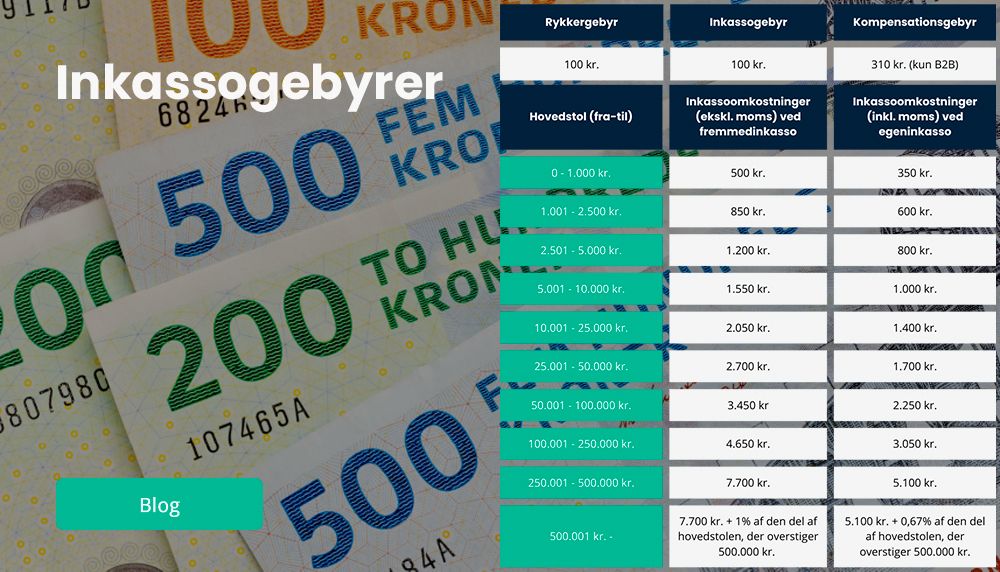
Probate Court
The Probate Court is part of your local district court and is located in 24 of the largest cities. It handles civil, criminal, land registration and probate cases.
The Probate Court handles all types of cases within debt relief, bankruptcy, inheritance and estates of deceased persons - both commercial and private.
In simple terms, the probate court handles all cases where assets, values or sums of money change hands without an actual purchase.
So if you are a business owner or private individual, you will most likely encounter the probate court one or more times in your life.
Examples of work tasks in the probate court
The Probate Court handles all cases where values, assets or sums of money change hands, for example in the event of death, bankruptcy or divorce.
When a person dies, it is the probate court that handles all legal formalities. In connection with an estate, it is the probate court's task to make an inventory of the estate as well as a possible distribution of assets, values and amounts of money to any heirs.
If a person has died and the spouse is still alive, the probate court will generally ensure that the spouse can sit in the undivided estate so that they can continue to keep assets and money without it being distributed to any heirs. This is done to ensure that the living spouse can maintain the same standard of living as before.
If a private individual needs debt relief, it is also the probate court that facilitates the process, from receiving the application to the creditors' meeting to approve the debt relief. Meetings related to the debt relief, such as the creditors' meeting, take place at the bankruptcy court's premises.
If a company or private individual goes bankrupt, the bankruptcy court is also responsible for this process. The bankruptcy court will appoint a trustee in bankruptcy who will take care of settling the estate and distributing any profits to any creditors. In other words, the bankruptcy court facilitates the process of a company's (or individual's) bankruptcy, and any meetings take place at the bankruptcy court's premises at its invitation.
It is also the bankruptcy court that is responsible for any reconstruction and forced dissolution of companies.
Summoned to the probate court
You will typically be automatically summoned to appear before the probate court in connection with a wide range of different cases.
The Probate Court handles cases involving estates, divorce, debt relief, bankruptcy, reconstruction and compulsory dissolution. The vast majority of these cases are automatically summoned to you.
In the event of death, for example, the relatives will need to report this to the local church office, after which the probate court will be notified.
Probate court and debt collection
If you use a professional debt collection provider, debt collection company or lawyer, they will typically be able to help your debt collection case to the bankruptcy court/trustee in bankruptcy if your debtor goes bankrupt in the process or it is deemed profitable to file for bankruptcy with a bankruptcy petition.
Contact your debt collection company or lawyer for more information.
The cost of using the probate court
Certain services at the probate court cost money, a so-called court fee.
The court fee depends on what you need the court's help with. We recommend that you find the prices directly on the probate court's website at domstol.dk.
